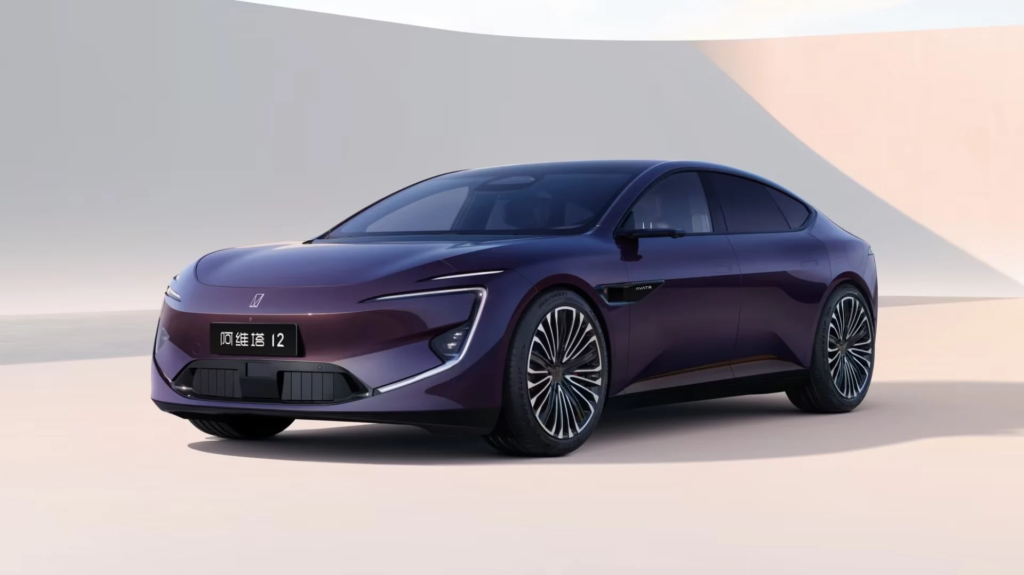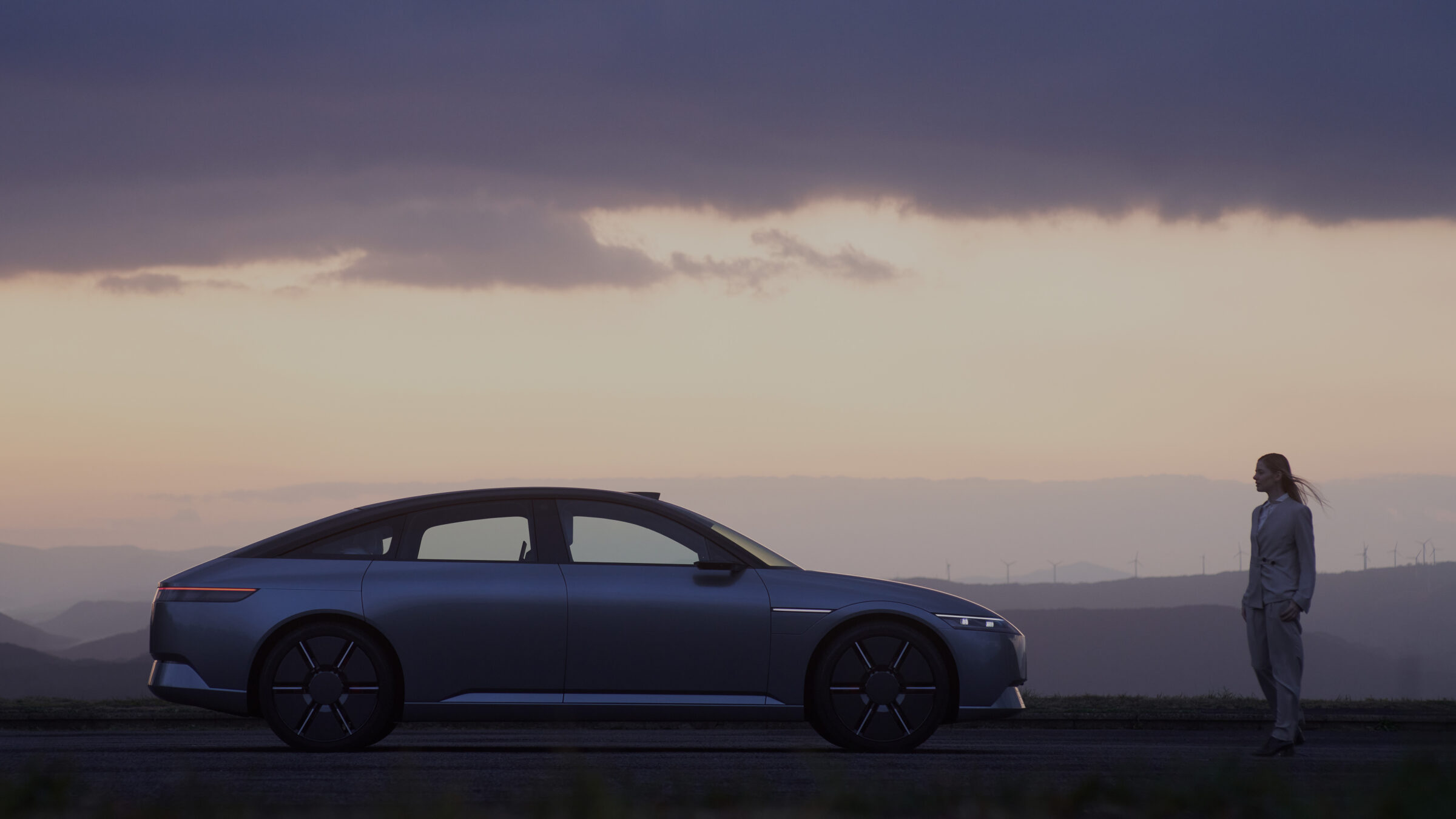Smartphone companies are not only making phones, but also cars. Discover how Xiaomi, Huawei, and others are using their smartphone expertise to enter the electric vehicle market.
If you have been stepping out lately, you might have spotted a growing number of vehicles with green number plates on the road. That’s not a coincidence at all – India’s electric vehicle (EV) market is growing fast and is projected to skyrocket in the coming years, following a global trend of shifting away from fossil fuels.
Interestingly, some of the players who are eyeing this opportunity are not traditional carmakers, but smartphone companies. It makes sense for these tech giants to use their expertise and massive cash flows to enter an emerging EV market, rather than compete with established rivals in the saturated ICE (internal combustion engine) space. Also, EVs are not just about batteries and motors, but also about smart technologies such as voice control and assisted driving, which are the forte of mobile manufacturers.
Xiaomi is the latest smartphone brand to announce its foray into the EV market, but it is not the only one. Let’s take a look at all of such brands.
Xiaomi
The Chinese tech giant Xiaomi is gearing up to enter the EV market with a bang. The company has already announced that it will build a plant in Beijing that can produce 300,000 cars per year, and now it has revealed its first EV series – the SU7. The name of the series seems to be inspired by Apple’s iPhone line, as it consists of three models: the SU7, the SU7 Pro, and the SU7 Max. Xiaomi is apparently trying to bring some of its smartphone magic to the car industry for the first time ever.
The SU7 series will offer two options for the powertrain: a Rear-Wheel Drive (RWD) with a 220 kW motor, and an All-Wheel Drive (AWD) with a whopping 495 kW of power (220 kW + 275 kW). The cars will run on Xiaomi’s HyperOS, a proprietary operating system that can seamlessly connect with both smartphones and cars. The Beijing factory has already started trial production and plans to reach full capacity by December 2023. The first deliveries of the SU7 series are expected to start in February 2024.
Huawei
If you visit a Huawei Technologies store in one of China’s major cities, you will now find more than just the typical array of gadgets that the company is known for. But rather than building its own cars, Huawei wants to be an auto supplier specialising in tech like car operating systems and assisted driving. This is part of Huawei’s strategy to branch out into the electric vehicle market, as it faces mounting pressure from the US-China trade war.

To realise this goal, Huawei has teamed up with at least five automakers to launch a range of electric cars that feature its cutting-edge technology. One of them is the Aito M7 SUV, which was developed in collaboration with Seres Group and has been a huge hit, racking up 80,000 orders in the first 50 days. Earlier in November, two more electric cars powered by Huawei made their debut: the Avatr 12, a luxury coupe produced by Chongqing Changan Automobile, and the Luxeed S7, a sedan manufactured by Chery Automobile. All these vehicles boast advanced assisted-driving features and an intelligent cockpit that can be operated by voice commands.
Apple
For years, Apple has been tinkering with various automotive projects under the umbrella of “Project Titan.” This mysterious name covers a range of different aspects and technologies related to cars, but they can be grouped into two main categories: self-driving vehicle systems and car design.
The “Apple Car” has gone through several phases of speculation since it started as a secretive project called “Project Titan.” Back in 2015, it was supposed to be a rival to Tesla with smart features like Siri and deep integration with the iPhone. Then it shifted to a more modest goal of creating a customised infotainment system that Apple could sell to other car makers.
The latest rumours suggest that Apple is back to pursuing a fully autonomous vehicle that would need little or no human input while driving. Of course, like any other ambitious secret product from Apple, there is always the possibility that the Apple Car never sees the light of day.
Sony
Two Japanese giants, Sony and Honda, have teamed up to create a new breed of electric vehicles (EVs) that will combine cutting-edge technology and sleek design. Sony will provide the ‘brains’ of the car, including artificial intelligence, entertainment, virtual reality and augmented reality systems, while Honda will seemingly take care of the rest.
The two companies unveiled a new EV prototype called Afeela at Sony’s presentation at the Consumer Electronics Show (CES) in Las Vegas in January this year. The car, which is expected to hit the North American market in 2026, will feature fully autonomous driving enabled by over 40 sensors, including cameras, radar, ultrasonic, and lidar, that will be integrated into the car’s exterior. Sony-Honda’s Afeela EV. (Image: Sony)
Sony-Honda’s Afeela EV. (Image: Sony)
The Afeela will compete with other premium automakers, such as Mercedes-Benz, BMW, Volvo, and Audi, according to Sony. The company also said that its software will offer subscription services, meaning that vehicle owners will have to pay a monthly fee to access certain features.
Ola
Ola is one of India’s most successful startups, founded by Bhavish Aggarwal. It started as Olatrip.com, a simple website that offered weekend trip packages. Since then, it has grown exponentially and become one of the most popular online cab services in India. In late 2021, it ventured into the electric scooter market through its subsidiary Ola Electric, and achieved huge success, selling more than 2,40,000 electric scooters so far.
Now, the company is looking at its next big thing – electric cars. Aggarwal has teased an upcoming car on his Twitter account a few times. The first teaser from January 2022 showed a futuristic hatchback with an unconventional design, while the latest leaked patent image from June this year showed a sedan with a coupe-like roofline that resembles a Tesla. This model is rumoured to debut in late 2024, but there is no official confirmation yet, so it’s best to take this information with a grain of salt.
Micromax
An unexpected contestant, Indian smartphone maker Micromax is reportedly planning to enter the EV space, likely with two-wheelers. TechCrunch reported in August that the company is renovating one of its offices in Gurugram to start working on the new project. A regulatory filing also suggested that Micromax co-founders Vikas Jain, Rajesh Agarwal, and Sumeet Kumar incorporated a company named “Micromax Mobility”, hinting at the company’s next project. If the rumours are true, Micromax hopes to make a comeback in the Indian market with a fresh perspective.

Source:indianexpress.com

